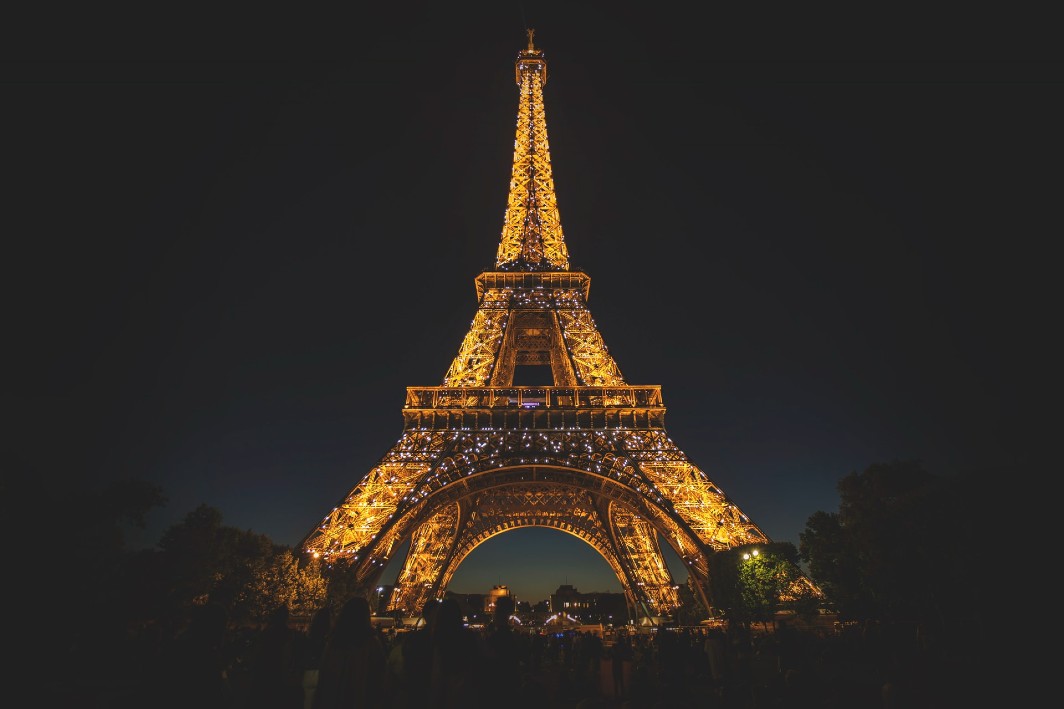What has changed five years on from the Paris Agreement?
The Paris Agreement defined climate actions and obligations. But where are we now, and what’s to come next?
The Paris Agreement, a legally binding international treaty on climate change, was adopted by 196 Parties at COP21 in Paris, on 12 December 2015.
Its goal was, and indeed is to limit global warming to well below 2, preferably to 1.5 degrees Celsius, compared to pre-industrial levels. To achieve this long term temperature goal, countries should aim to reach global peaking of greenhouse gas emissions as soon as possible to achieve a net zero carbon world by mid-century.
So that’s the business background, one we’re all hopefully familiar with. But with COP26 coming next year, pandemic-pending at least, how might the climate goalposts shift in the coming months?
Heightened awareness
One indirect effect of Covid-19 has been to shine a penetrating light on the climate crisis. Much has been written on how the challenges share similarities, with some commentators arguing Covid-19 and the climate crisis are part of the same battle.
‘From early on in the Covid-19 pandemic,’ writes The Guardian, ‘A common refrain has been, “At least maybe now we will get serious about addressing climate change.” One can certainly see the logic behind this thinking. The terrible toll the pandemic has taken should remind us of the importance of three things that are also necessary to tackle global warming: science, public policy, and international cooperation.’
It continues; ‘Action by individual national governments will not be enough, because the pandemic and climate change are global externalities. They call for some degree of international cooperation, whether through the World Health Organization and the Paris climate agreement, or other avenues.’
So, from one perspective, we can hope that by next November we may be through the worst of the pandemic, but that its lens has truly focused government and business minds on how to make COP26 the climate conference that took the pandemic’s warnings and ran with them to embed yet more significant progress on climate.
The roles of China and America
Something else remarkable has happened mid Covid-19, pre COP26 and post Paris. China has pledged to hit peak emissions before 2030 and for carbon neutrality by 2060, President Xi Jinping announced.
Mr Xi outlined the steps when speaking via videolink to the UN General Assembly in New York.
The announcement is being seen as a significant step in the fight against climate change.
Contextualising this, commentators like the FT argue that Beijing had insisted that it should, because of its status as an emerging market, be given more leeway than the US and other industrialised nations in global climate accords such as the Paris Agreement.
No longer. EDIE called the Chinese shift a surprising yet welcome move that will boost global negotiations on climate action ahead of next year’s COP26 summit.
Secondly, in a profound shakeup of global climate, President Trump has, at least according to all the signals, lost his election bid. U.S. President-elect Joe Biden has pledged to rejoin the Paris climate accord on the first day of his presidency.
AP writes: ‘Biden made clear the U.S. was waiting on the sidelines to join again and noted that Washington was key to negotiating the 2015 agreement, which has since been ratified by almost all countries around the world.
“The United States will rejoin the Paris Agreement on day one of my presidency,” he said. “I’ll immediately start working with my counterparts around the world to do all that we possibly can, including by convening the leaders of major economies for a climate summit within my first 100 days in office.”
Biden reiterated his campaign pledge that his administration will set a target of cutting U.S. emissions to net zero “no later than 2050.”
Hub readers should be in no doubt as to the massive significance of these two events. China’s shift and the U.S. election, assuming it is translated into the actual Biden presidency most predict, have reshaped the context of COP26 and replaced confidence in the original Paris process.
What comes next?
Coronavirus has been the year’s major disruptor, and against this backdrop it would be foolhardy to lay out any concrete predictions.
But all the indications are that COP26 will see an unprecedented consensus for themes like net zero, and might arguably see a vast raft of measures and votes passing, as the consensus draws together smaller countries which have historically followed the Chinese arguments for exception to the rules due to their emerging or developing status.
If this turns out to be the case, then five years down the line from Paris, original agreement themes may finally become globally embedded amid law and willingness that might hint at the rosiest of futures for low carbon business.
After a difficult 2020, this would truly be a gift to planet, people and commerce.













